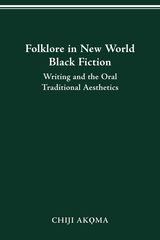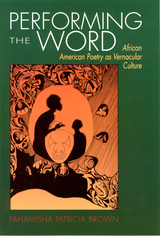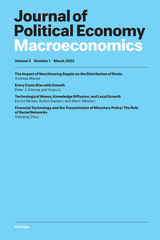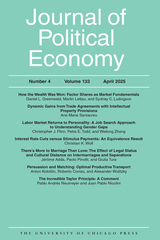

The powerful novelist here turns penetrating critic, giving us—in lively style—both trenchant literary analysis and fresh insight on the art of writing.
“When African American writers began to trust the literary possibilities of their own verbal and musical creations,” writes Gayl Jones, they began to transform the European and European American models, and to gain greater artistic sovereignty.” The vitality of African American literature derives from its incorporation of traditional oral forms: folktales, riddles, idiom, jazz rhythms, spirituals, and blues. Jones traces the development of this literature as African American writers, celebrating their oral heritage, developed distinctive literary forms.
The twentieth century saw a new confidence and deliberateness in African American work: the move from surface use of dialect to articulation of a genuine black voice; the move from blacks portrayed for a white audience to characterization relieved of the need to justify. Innovative writing—such as Charles Waddell Chesnutt’s depiction of black folk culture, Langston Hughes’s poetic use of blues, and Amiri Baraka’s recreation of the short story as a jazz piece—redefined Western literary tradition.
For Jones, literary technique is never far removed from its social and political implications. She documents how literary form is inherently and intensely national, and shows how the European monopoly on acceptable forms for literary art stifled American writers both black and white. Jones is especially eloquent in describing the dilemma of the African American writers: to write from their roots yet retain a universal voice; to merge the power and fluidity of oral tradition with the structure needed for written presentation. With this work Gayl Jones has added a new dimension to African American literary history.

Fahamista Patricia Brown examines elements of African American expressive culture- its language practices, both fold and popular. Her book is an excellent introduction to a diverse group of poets and the common basis of their work in language practices and performativity, in the expressive culture of a people. Performing the Word is an important contribution to the understanding of African American culture and American poetry as a whole.
READERS
Browse our collection.
PUBLISHERS
See BiblioVault's publisher services.
STUDENT SERVICES
Files for college accessibility offices.
UChicago Accessibility Resources
home | accessibility | search | about | contact us
BiblioVault ® 2001 - 2025
The University of Chicago Press









